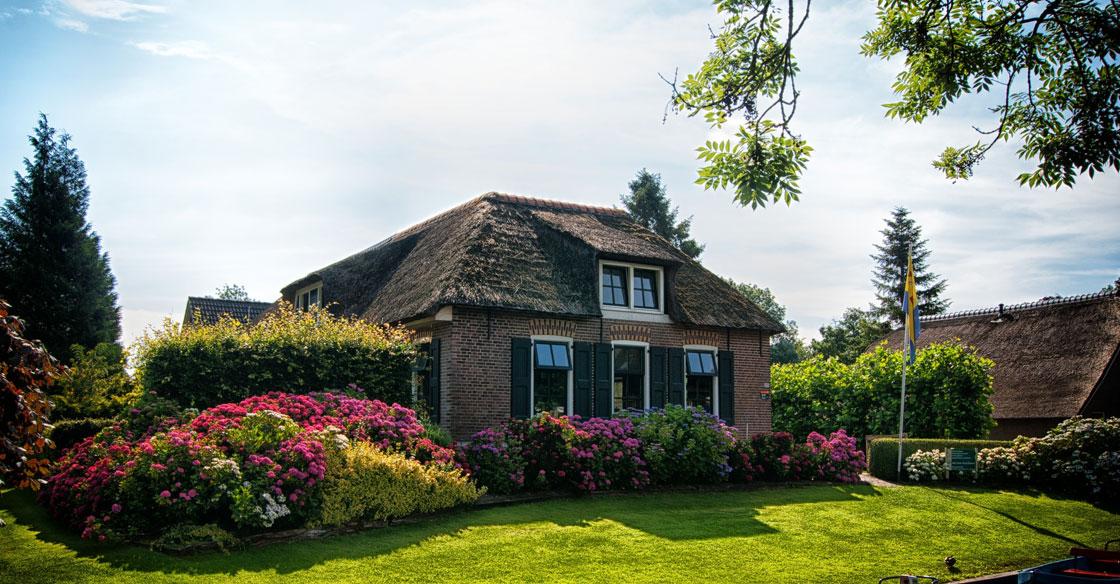
The Cottage: Keeping it in the family
Don’t put off until tomorrow what you can do today. I heard that expression often growing up. As my mother embraces her senior years and is forced to face some difficult decisions in her life, I find myself reminding her that putting things off isn’t a good thing to do.
My mother has been agonizing over the daunting task of preparing an estate plan. She has been for years. What to do with all that she has accumulated is the question that causes her many sleepless nights. What has made this particularly difficult for her is the family cottage.
The cottage is actually an old farm house that, if the local farmers had their way years ago, would be a faded memory. My mother could see the beauty in this humble abode and, although she knew it would take years to restore, was determined to do just that. Now, almost 50 years later, the house is beautifully restored. That’s the good news.
Now that the property has increased significantly in value since first purchased, if passed on to her heirs, it would be subject to substantial tax implications. Because it has such emotional significance, selling the property is not an option. So what is she to do?
If she considers transferring the property to her heirs now, she would have to consider the cost of such a transaction. Even if she doesn’t receive a cash value, she is deemed to have sold the property at its fair market value, so this strategy won’t reduce the capital gains tax.
Selling the cottage to family for a nominal fee to reduce the capital gains may seem attractive but Canada Revenue Agency calculates the capital gain based on the fair market value of the property and not the price she would set for her heirs. Down the road, her heirs could be faced with an even larger capital gains tax. Leaving the cottage to her children in her will would mean her estate is liable for the capital gains tax on the transfer of the property. Life insurance, in my mother’s case, may be a practical consideration. A life insurance policy could be purchased,
Alternatively, she could arrange a life insurance policy with the death benefit payable to the QEII Foundation. When the death benefit is paid, her estate will be issued a tax receipt for the gift. The charitable tax credit for this gift could offset the income tax on the property at the time of death. In this scenario, Mom has saved her children income tax and provided the QEII Foundation with a future gift.
Facing issues such as what happens after we pass can be difficult, but not facing these issues can be complicated, costly and cause undue stress and sleepless nights.
I’m confident my mother will live forever, but in case she doesn’t, a sound financial plan will ensure the cottage property she worked so hard to restore will continue to build memories for many generations to come.